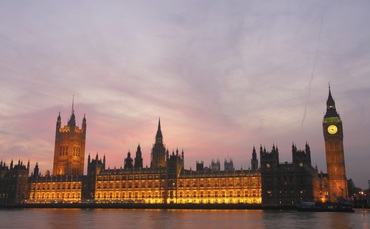In a policy paper published yesterday (23 November), the government issued a "strategic steer" for the watchdog, stating that it needed prioritise "minimising the burdens on businesses" it was overseeing.
It will also be expected to prioritise markets "that have a disproportionate impact on economic growth and competitiveness", the paper added.
FCA provisionally opts not to involve CMA in wholesale data market review
Following the UK's departure from the European Union, the CMA now has a larger remit, meaning the regulator should also be looking to protect and enhance "the reputation of the UK as a great place to do business", the government said.
"The government continues to expect the CMA to deliver direct economic benefits to consumers of at least ten times its relevant costs," it added.
However, the paper also highlighted the competition challenges faced in the UK, noting that some markets are dominated by a small number of companies, pushing up price, and argued that consumers must be protected from these threats.
The paper came following the CMA's decision to block the takeover of Activision by Microsoft, which received criticism and was eventually reversed.
While the takeover has now been approved, the process took almost two years.
Amazon and Microsoft supremacy in UK cloud market faces probe by competition watchdog
Earlier this week, the CMA also set out changes to its phase two processes as part of a streamlining of how it investigates mergers, which will allow greater engagement with decision-makers.
Sarah Cardell, chief executive of the CMA, said the body would not "shy away from taking, and defending, robust decisions to prevent anti-competitive deals which would harm UK businesses or consumers".
She added: "The CMA is, however, an organisation that listens and learns, both in the course of the investigations we undertake but also in how we evolve our processes to ensure that the UK merger control regime operates as effectively as possible."


